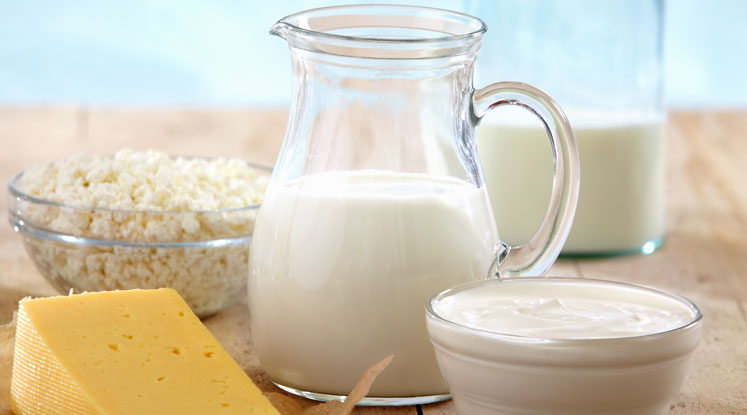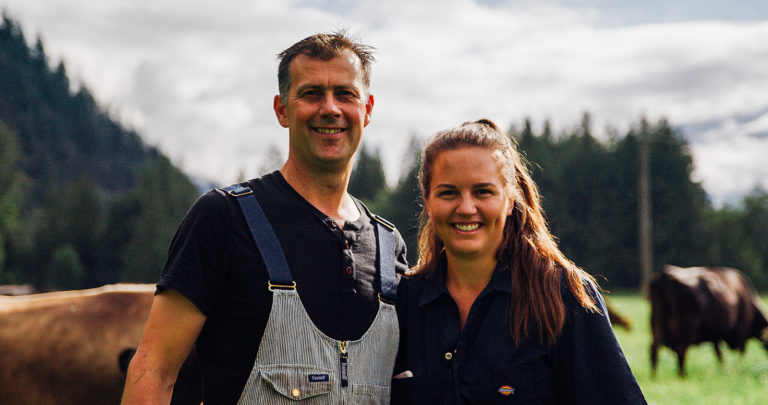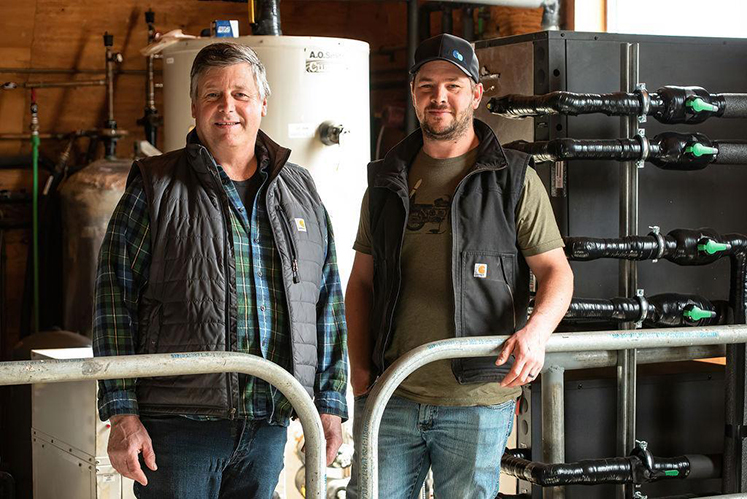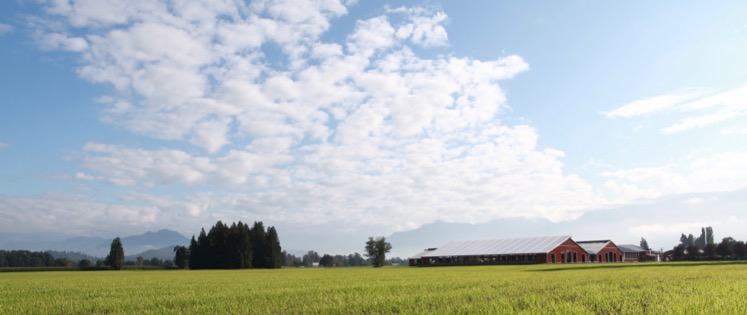There are a number of quality checks that milk must pass before it reaches your table.
They begin right on the farm and continue until you pick up your milk at the store.
Milk Quality is Number 1
Quality milk depends on everyone!
BC has some of the highest standards for milk production, transport and processing found anywhere in the world. Extensive quality checks and testing unique to the dairy industry ensure that BC consumers can always purchase high quality, safe and nutritious dairy products. Enjoy!
Quality Checks On Every Farm
- Every farm is inspected and certified before it can produce milk.
- Certified farms must meet provincial standards for quality milk production and clean premises. This includes all milking equipment, milking procedures, the milking parlour and barn – everywhere the cows go must be kept clean and well maintained.
- Farms are inspected regularly to ensure that quality standards are maintained.
- Cows are monitored regularly to ensure good health. Only healthy cows produce optimal amounts of milk in the most economical way.
- Growth hormones such as BST or rBGH are not legal in Canada and therefore not permitted for use with dairy cows.
- As soon as milk leaves the cow it is cooled and is kept cold at all times.
- Before milk can be picked up it must be inspected and graded by a licensed bulk milk tank grader. It is the grader’s responsibility to ensure the milk is cold (below 4°C), smells fresh and looks clean.
- A milk sample is taken from every farm tank when the milk is picked up. This sample is then taken to a certified lab where it is tested.
- Milk is transported to the dairy in stainless steel tanker trucks. These trucks are also certified before they can carry milk and are inspected.
Quality Checks At Every BC Dairy Processing Plant
- Before the truckload of milk is unloaded at the dairy it is tested for antibiotics. This ensures that all products meet the strict standards of no antibiotics in milk. If antibiotics are found, the farmer who contaminated the load may be held responsible for paying for the entire load.
- The milk is also tested for temperature, acidity and odour before it is accepted.
- Other tests are done regularly for bacteria, water contamination and somatic cell counts. Somatic sell counts are an indicator of animal health and milk quality.
- All dairies are inspected regularly for cleanliness, handling procedures and equipment standards. All milk equipment is cleaned and sanitized daily.
- Every dairy and all employees who work in the processing area must be licensed.
- All fluid milk sold in Canada must be pasteurized. This is the law and is necessary to kill any harmful bacteria that may find their way into milk. Pasteurization also destroys spoilage organisms.
- Milk is natural – nothing is added except vitamins A and D, which are required by law.
- Milk is packaged quickly – usually within 24 hours of arriving at the dairy.
- Packaged dairy products are also regularly tested by a certified lab to ensure they meet the strict standards for composition and potential contaminants such as bacteria and antibiotics.
Quality Checks At Every BC Grocery Store
- Dairy products must be held at 4°C during transport and display in the store to ensure their safety and quality.
- All dairy products are code dated to ensure they are purchased at their highest quality. Dairy products not sold by their best before date should be removed from sale.
To Maintain High Quality At Home
- Keep milk cold – pick it up last when shopping and avoid leaving it exposed to warm temperatures or sunlight in your car.
- Check the temperature of your fridge to ensure it is below 4°C.
- Keep milk containers out of the fridge just long enough to serve. Return them to the fridge as soon as possible.
- Rotate milk and other dairy products; use older products first.
- Leave dairy products in original containers. They can pick up odours and flavours of other foods in the fridge if left open.
Read more about the Importance of Quality Milk (Resource).



